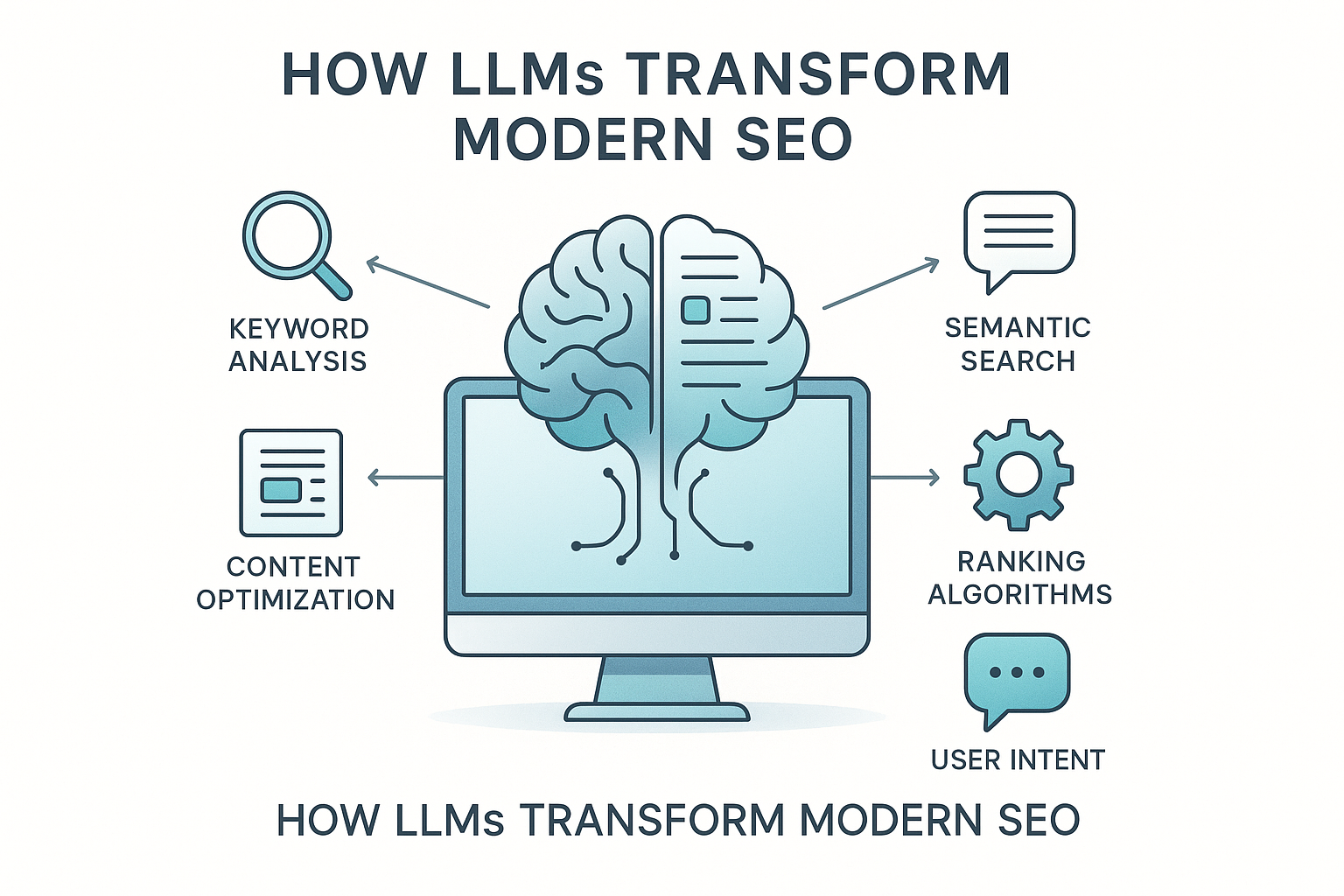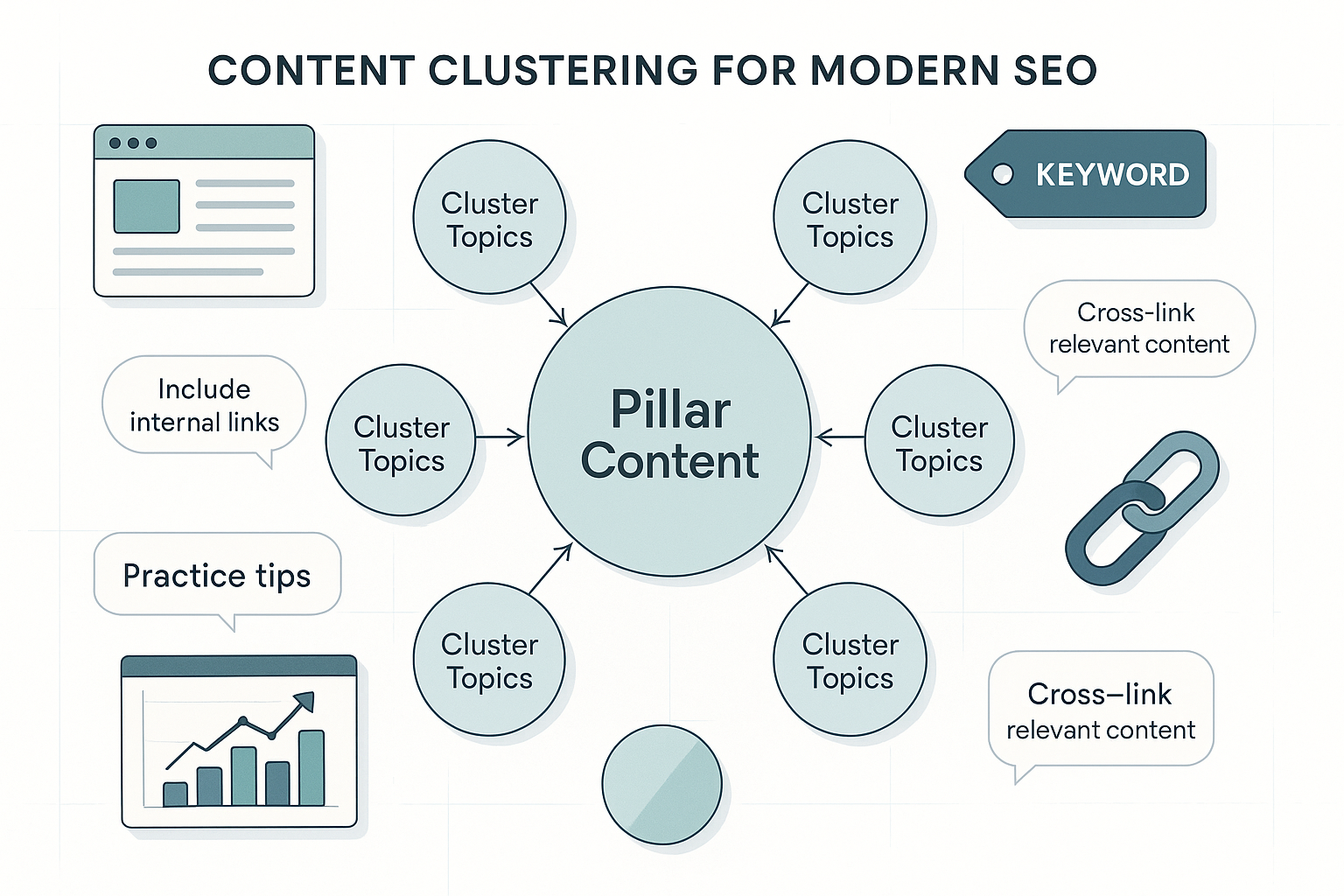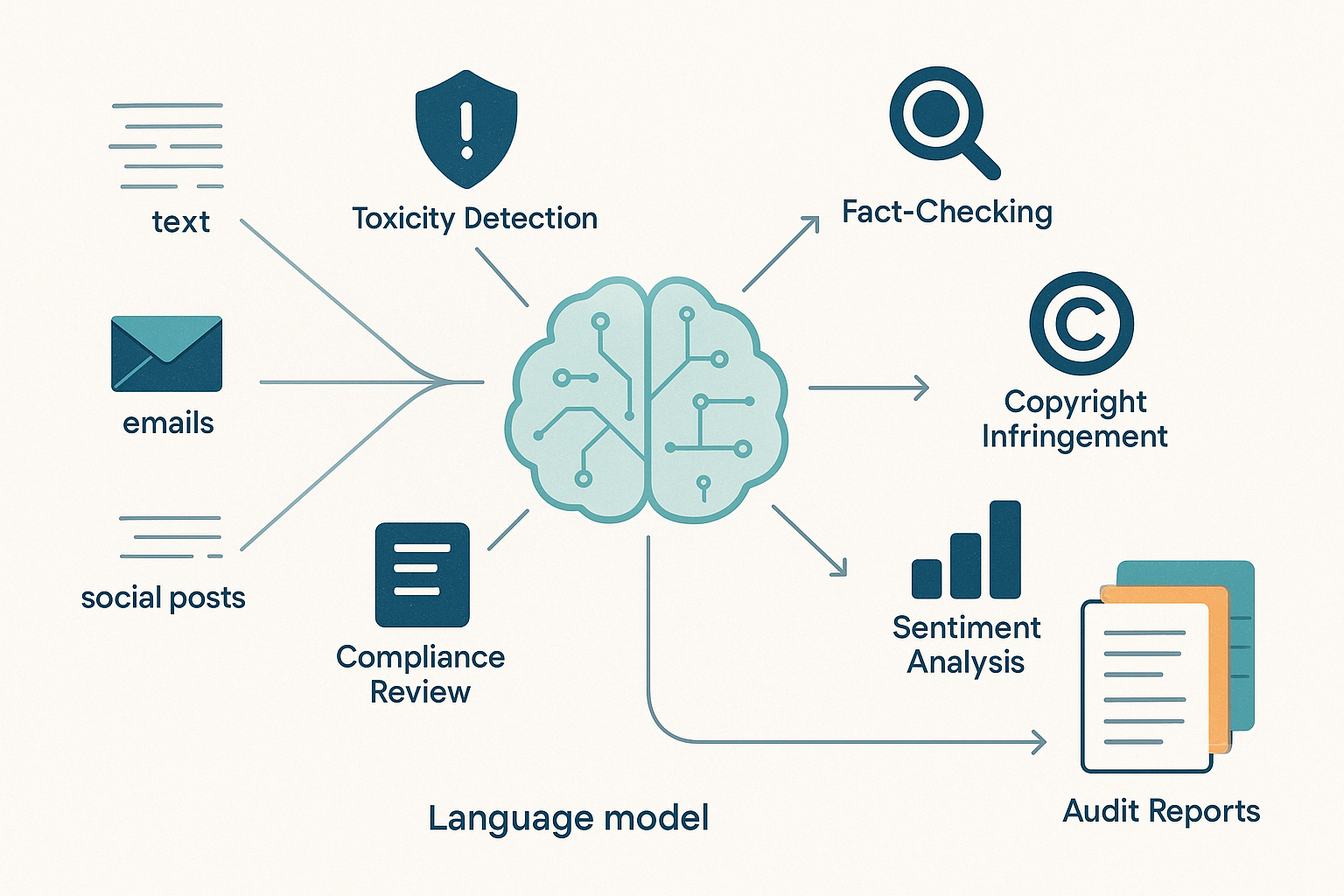Advanced on page SEO made simple.
Powered by POP Rank Engine™
Includes AI Writer
7-day refund guarantee
Search engine optimization (SEO) has always been about getting your website to rank higher on search engine result pages (SERPs) and driving more organic traffic. However, the landscape of SEO is constantly evolving, and the integration of artificial intelligence (AI) is reshaping how businesses approach their SEO strategies. AI is rapidly becoming a central component of search engines and optimization techniques, making it essential for companies and marketers to understand how it works.
This blog will explore how AI functions within the SEO process, including its role in search algorithms, content creation, user experience, and more. By understanding how AI works in SEO, you can better adapt your strategies to improve search rankings and visibility.
Which is the best LLM for SEO content?
Get the full rankings & analysis from our study of the 10 best LLM for SEO Content Writing in 2026 FREE!

- Get the complete Gsheet report from our study
- Includes ChatGPT, Gemini, DeepSeek, Claude, Perplexity, Llama & more
- Includes ratings for all on-page SEO factors
- See how the LLM you use stacks up
AI and Search Engine Algorithms
One of the most significant ways AI influences SEO is through search engine algorithms. AI is pivotal in how Google and other search engines process and rank websites. A prime example is Google’s RankBrain—a machine learning-based algorithm that helps Google better understand search queries, incredibly ambiguous or never-before-seen ones.
RankBrain uses AI to interpret the intent behind a user's query and deliver more contextually relevant results. This means search engines no longer rely solely on keyword matching; they can now understand the nuances of language and user behavior patterns.
For instance, when someone searches for the “best fitness tracker for running,” AI algorithms consider the user’s intent (looking for a product recommendation) and deliver results that showcase high-quality content that answers that specific need. AI-driven algorithms can now prioritize context and intent over rigid keyword usage, making it critical for SEO professionals to focus on creating user-centric content.
AI-Powered Content Creation and Optimization
AI has drastically changed the way content is created and optimized for SEO. With AI-powered tools like Jasper, Copy.ai, and SurferSEO, businesses can generate and refine SEO-friendly content with minimal effort.
AI tools can analyze top-ranking content for a specific keyword and provide recommendations on improving your content's structure, word count, keyword usage, and overall readability. Here's how AI contributes to content creation and optimization:
- Keyword Research: AI tools like SEMrush and Ahrefs automate the keyword research process by analyzing vast amounts of data, identifying long-tail keywords, and highlighting relevant search trends.
- Content Generation: AI can assist in generating content ideas, outlines, or even entire articles based on a set of parameters. For example, AI can suggest blog topics based on the highest search volume or recommend subtopics that make your article more comprehensive.
Content Optimization: AI-powered tools analyze your existing content and suggest ways to improve its SEO potential. These tools use machine learning algorithms to identify what makes top-ranking content successful and how you can replicate those elements. This can include tips on keyword placement, adding relevant internal links, or improving the overall structure of the article.
Which is the best LLM for SEO content?
Get the full rankings & analysis from our study of the 10 best LLM for SEO Content Writing in 2026 FREE!

- Get the complete Gsheet report from our study
- Includes ChatGPT, Gemini, DeepSeek, Claude, Perplexity, Llama & more
- Includes ratings for all on-page SEO factors
- See how the LLM you use stacks up
AI for User Experience (UX) and SEO
User experience (UX) is increasingly recognized as a crucial SEO factor, and AI plays a significant role in improving user website experiences. Search engines like Google prioritize websites that offer visitors a seamless, intuitive experience, and AI can help website owners ensure their sites meet these high standards.
AI tools help with UX optimization in the following ways:
- Page Speed: AI-powered tools like Google Lighthouse analyze your website’s performance and provide recommendations to improve page load speed, a key factor in SEO rankings.
- Personalization: AI can create personalized user experiences by tracking user behavior and adjusting website content to match their preferences. For example, eCommerce websites use AI-driven personalization to recommend products based on the user's previous searches or interactions. Personalization increases engagement, dwell time, and conversions, positively impacting SEO.
Mobile Optimization: With mobile-first indexing becoming the norm, AI tools like Mobile-Friendly Test by Google help ensure your website is fully optimized for mobile devices, offering suggestions on making your mobile site more user-friendly.
Voice Search and AI
Voice search is one of the most transformative developments in SEO, driven by advancements in AI. More people are using voice-enabled devices like Amazon’s Alexa, Google Assistant, and Apple’s Siri to search the web. AI plays a critical role in understanding and processing these voice queries, which tend to be more conversational and long-tail than traditional text queries.
For example, instead of typing "best coffee shop near me," a user might ask, "Where can I find the best coffee shop nearby?" AI-driven search engines are equipped to process these natural language queries and deliver results tailored to voice searches.
To optimize for voice search SEO, you must create content that answers specific questions concisely and clearly, often in featured snippets or FAQ sections. AI can help by analyzing common voice search patterns and suggesting ways to adjust your content to cater to these queries.
AI and Predictive Analytics in SEO
AI also plays a crucial role in predictive analytics, allowing SEO professionals to anticipate future trends and optimize their strategies accordingly. AI-powered tools analyze historical data, user behavior, and search trends to predict what keywords, topics, or content formats will perform well.
For instance, AI tools like BrightEdge and MarketMuse can analyze the content landscape and identify gaps your website can fill, allowing you to target emerging keywords or trends before they become saturated. This will enable you to stay ahead of the competition and capture organic traffic early in the trend cycle.
AI and Link Building
Link building is a crucial part of SEO but can be time-consuming. AI simplifies this process by helping businesses identify quality backlinks, streamline outreach, and even automate parts of the process. AI-powered tools like BuzzSumo or Pitchbox can analyze competitor backlink profiles and suggest link-building opportunities most relevant to your niche.
Moreover, AI can track the performance of your backlinks, identify broken links, and help you build relationships with influencers or websites that are likely to link back to your content. This allows you to improve your site’s authority and rank higher in SERPs.
AI for Local SEO
Local SEO has also been enhanced by AI technology. AI helps businesses optimize for local search by managing Google My Business listings, analyzing customer reviews, and providing insights on local keywords. AI can even help you respond to customer reviews with personalized replies, improving your business’s reputation and local search rankings.
Conclusion: AI’s Crucial Role in the Future of SEO
AI is no longer just a buzzword in the SEO world; it’s an essential tool for anyone looking to stay ahead in the competitive digital landscape. Whether improving search engine algorithms, optimizing content, or enhancing user experience, AI is reshaping how SEO works. By leveraging AI-driven tools and strategies, businesses can better understand their audience, optimize their websites, and improve their rankings on search engines.
The key to mastering AI SEO is understanding how to integrate these tools into your overall SEO strategy, complementing human creativity and intuition with AI's power to analyze, predict, and optimize.







